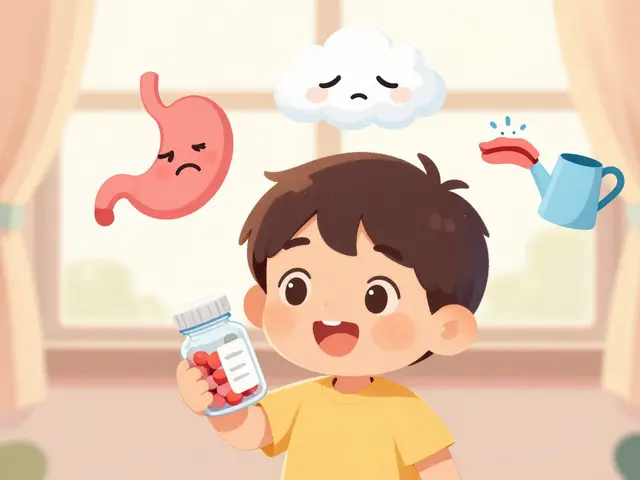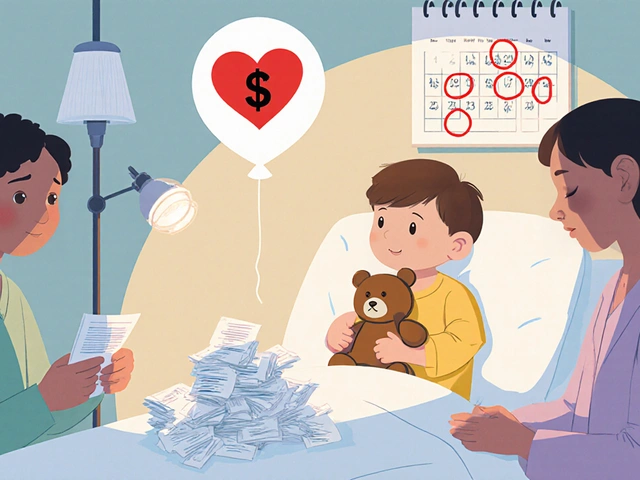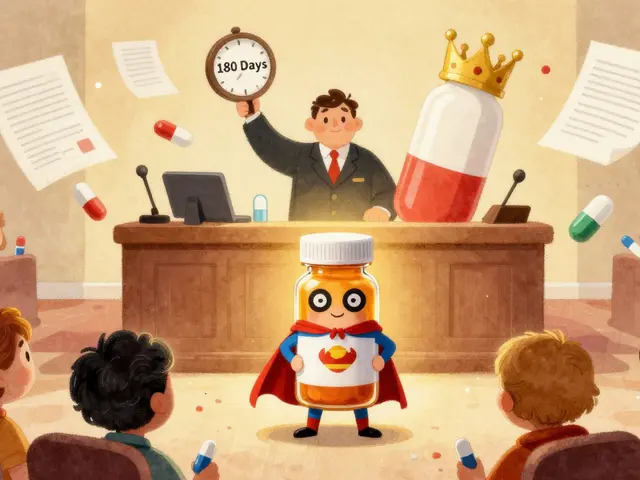Amebiasis: What It Looks Like and What to Do
Amebiasis is an infection caused by the parasite Entamoeba histolytica. You can get it from contaminated water or food, or by touching surfaces after someone with the parasite didn’t wash their hands. Most people carry the parasite without symptoms, but it can cause serious problems like bloody diarrhea or liver abscess in others.
What causes symptoms and how it shows up
There are two main forms: a noninvasive carrier state and invasive disease. Noninvasive infection usually has no symptoms. Invasive amebiasis can cause cramping, frequent watery or bloody stools, fever, and weight loss. If the parasite spreads to the liver, you may notice pain under the right rib cage, fever, and a generally sick feeling. Those signs are a red flag—don’t ignore right-upper-quadrant pain or persistent bloody diarrhea.
Kids, older adults, and people with weak immune systems are more likely to get severe illness. Travelers to areas with poor sanitation, or anyone drinking untreated water, are at higher risk.
How doctors diagnose amebiasis
Stool tests are the first step. Traditional microscopy can miss cases, so modern labs use stool antigen tests or PCR to spot Entamoeba histolytica more reliably. Blood tests (serology) may help when a liver abscess is suspected. Imaging like ultrasound or CT can show a liver abscess but can’t confirm the parasite—doctors combine imaging with blood tests and clinical signs.
If you’ve recently traveled and have bloody diarrhea, tell your provider about your trip. That helps pick the right tests quickly.
Treatment depends on what’s happening. For invasive intestinal disease or liver abscess, doctors usually give a tissue-active drug such as metronidazole or tinidazole first. Those drugs kill the organisms in tissue but don’t clear cysts in the gut. So after that, a second drug that acts inside the bowel—paromomycin or iodoquinol—is given to clear remaining cysts and prevent relapse or spread. If someone is an asymptomatic carrier, a luminal agent alone may be enough. Serious liver abscesses sometimes need drainage in addition to medication.
Always follow your doctor’s instructions and finish the full course. If you’re pregnant, breastfeeding, or have other health conditions, tell your provider—treatment choices may change and they’ll help pick the safest option.
Prevention is simple and practical: wash hands frequently, avoid raw vegetables and unpeeled fruit in high-risk areas, drink bottled or boiled water, and steer clear of ice made from untreated water. In shared or crowded settings, cleaning surfaces and safe handling of diapers and bedding reduce spread.
If you have persistent diarrhea, blood in stool, fever, or right-side belly pain after travel or exposure, see a clinician. Quick testing and the right combo of drugs usually clear the infection and stop complications. If you want, check our site for related articles on travel health, safe antibiotics, and gut-friendly tips to feel better fast.



